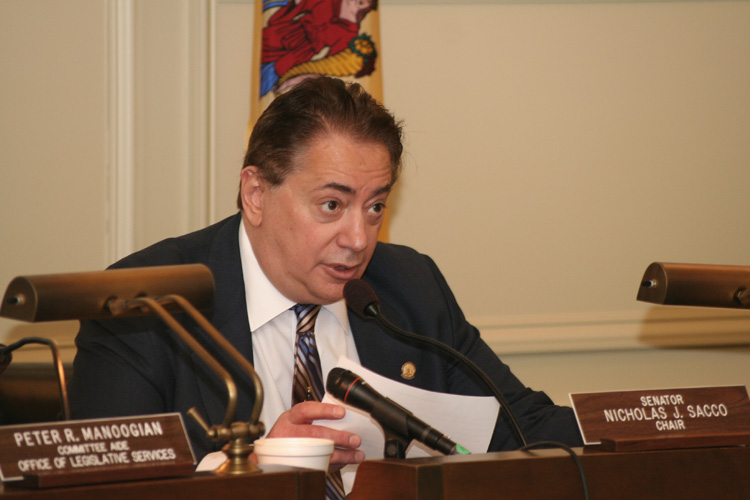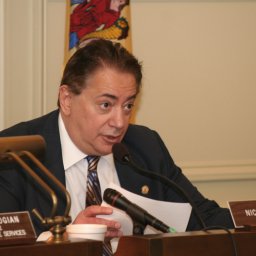
TRENTON – The Senate Law & Public Safety Committee unanimously approved legislation today sponsored by Senators Nicholas Sacco and Paul Sarlo that would expand New Jersey’s DNA database to include those found guilt of disorderly persons offenses.
“DNA fingerprinting is an invaluable tool that allows our law enforcement community to quickly identify suspects, convict the guilty and exonerate the innocent,” said Senator Sacco, D-Bergen and Hudson. “By expanding it to include those convicted of disorderly persons offenses, we can further bolster the database and provide investigators with new leads into currently unsolvable cases. This technology has made our streets safer and our criminal justice system fairer.”
The measure, S-514, would expand the State’s DNA database to include samples from disorderly persons offenders. Under current law, DNA samples are taken if an individual is convicted, adjudicated delinquent, or found not guilty by reason of insanity for a crime of the first, second, third, or fourth degree.
“DNA evidence is the 21st century’s answer to fingerprinting, and we need to empower the police and prosecutors to use it as extensively as we use physical fingerprinting right now,” said Senator Sarlo, D-Bergen, Essex and Passaic. “DNA evidence has great potential for bringing more fairness to our criminal justice system, both in proving guilt and innocence. We should pursue this technology to its greatest extent to put real criminals behind bars.”
Senator Sacco, the sponsor of the original legislation which created the DNA database program, noted that exactly one year ago, DNA evidence was used to convince a judge to vacate the 20-year-old rape and murder conviction of Byron Halsey. Mr. Halsey was serving a life sentence before DNA evidence showed that he was not present at the scene of the crime.
Senator Sarlo also noted that New Jersey’s program was selected as one of eight winners of the Council of State Governments 2005 Innovation Awards. The program was recognized for its effectiveness and efficiency, having collected at the time of the award 85,000 samples and having reduced the processing time from 210 days to 30 days.
The bill now goes to the full Senate for consideration.



